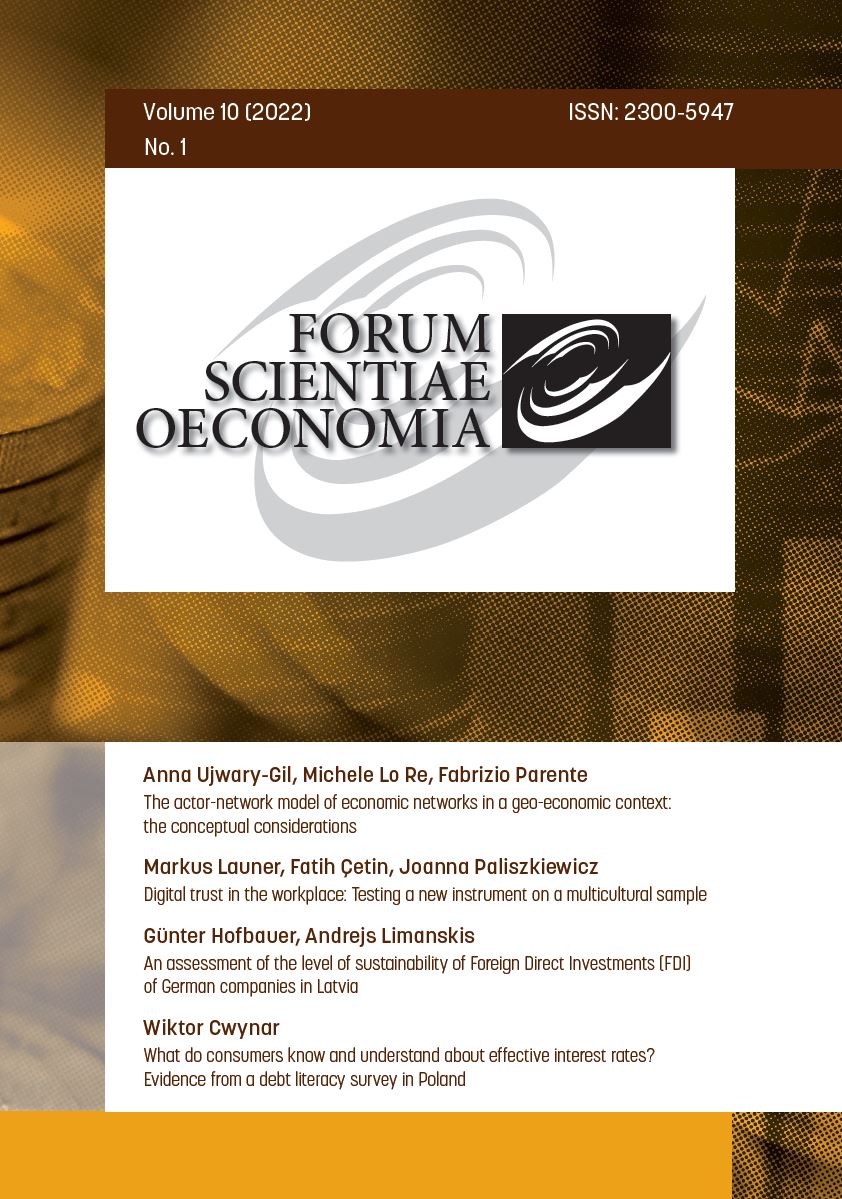The role of Erasmus+ project leaders’ digital competences in sustaining European transnational cooperation during the COVID-19 pandemic
The role of Erasmus+ project leaders’ digital competences in sustaining European transnational cooperation during the COVID-19 pandemic
Author(s): Paweł PoszytekSubject(s): Economy
Published by: Wydawnictwo Naukowe Akademii WSB
Keywords: digital competences; competences 4.0; Erasmus; COVID-19; temporary organisation; relational paradigm; network paradigm
Summary/Abstract: The current COVID-19 pandemic poses a significant threat to the realisation and sustainability of transnational cooperation projects of various types, especially those which are based on the mobility of their participants. This is especially the case for Erasmus+, which is the flagship European programme of cooperation between leaders of the educational, academic, vocational, industrial and business sectors. The aim of the article is to answer the question of whether digital competences can support Erasmus+ project leaders in sustaining their transnational cooperation, and if so, to what extent. The analysis also seeks to discover what factors can contribute to sustaining this type of cooperation. For this purpose, this research concentrates on a group of 990 Erasmus+ project leaders from Poland who undertook transnational cooperation projects during the COVID-19 pandemic, their digital competences and other contextual factors connected with these competences which may influence their performance. The discussion on digital competences as remedial tools for international cooperation during the COVID-19 pandemic is placed here in the broader context of Competences 4.0, Industry 4.0, and the relational and network approaches to the management of modern organisations. The results obtained prove that digital competences in conjunction with other contextual factors have facilitated the realisation and sustainability of Erasmus+ projects during the COVID-19 pandemic.
Journal: Forum Scientiae Oeconomia
- Issue Year: 10/2022
- Issue No: 1
- Page Range: 169-183
- Page Count: 15
- Language: English

